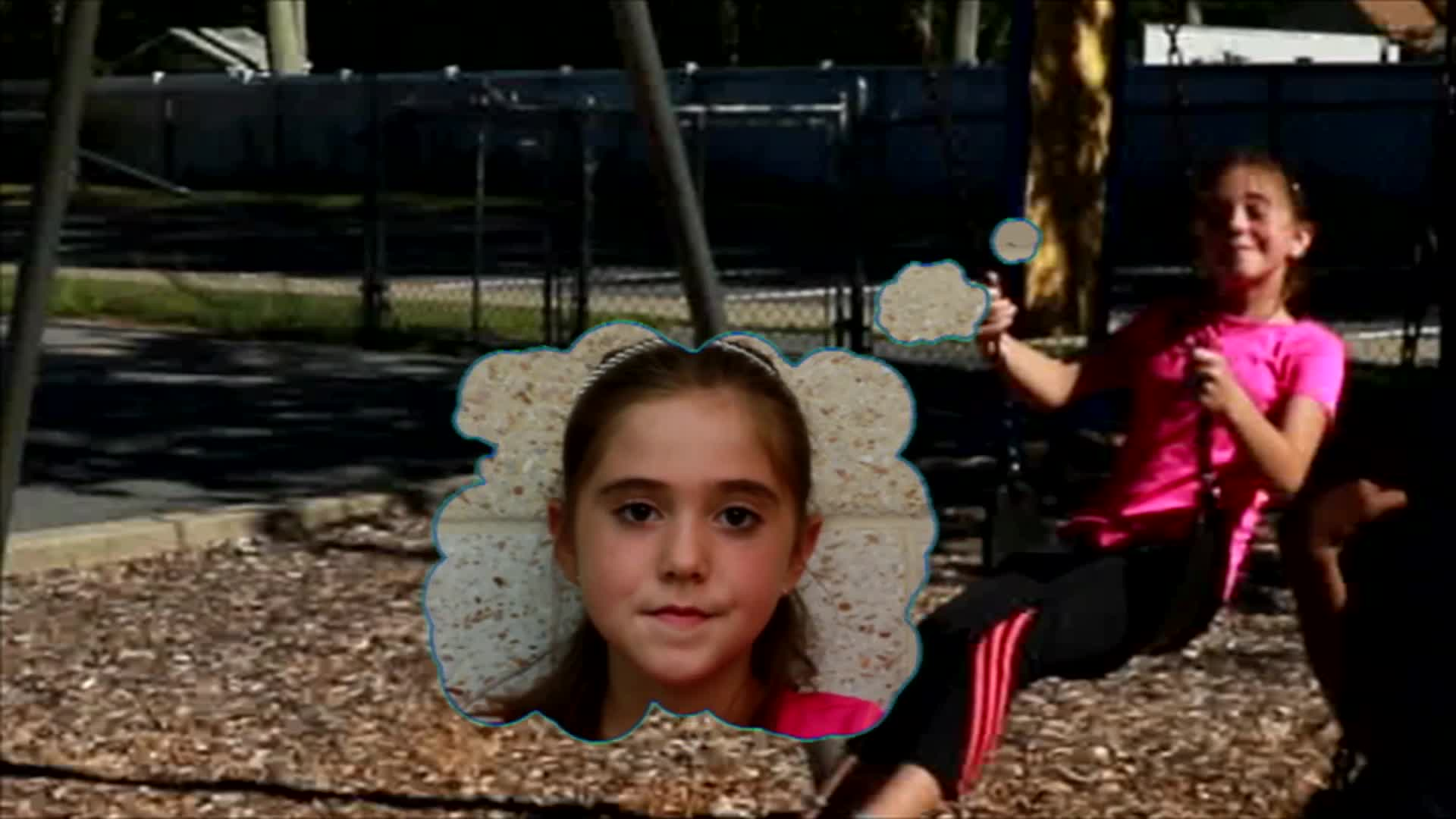In special education, it’s crucial to identify and develop skills that foster positive social interactions and emotional wellbeing in young learners. One such essential skill is fairness. This blog post will explore the concept of fairness, its impact on students’ learning, and how to create effective Individualized Education Program (IEP) goals to support its development.
Understanding Fairness and Its Impact
Fairness is the practice of treating others the way we would want to be treated, regardless of differences. It involves being kind and helpful to one another, following friendship rules, and considering others’ feelings. Developing fairness in PreK students positively impacts their learning, social interactions, and overall wellbeing, as it encourages empathy, cooperation, and the establishment of healthy relationships.
The Role of Specialists
Various specialists can support the development of fairness in PreK students:
- Speech-Language Pathologists: Help students develop communication skills to express their feelings and negotiate fair solutions.
- Social Workers: Assist in addressing any barriers to fairness, such as cultural or socioeconomic factors, and provide support for families and educators.
- Psychologists: Offer guidance on behavior management strategies to promote fairness and address any underlying emotional or cognitive challenges.
- School Counselors: Facilitate social skills groups and provide individual support to help students develop empathy and fairness.
IEP Goals for Fairness
Here are some specific SMART IEP goals to support the development of fairness in PreK students:
- Goal: The student will demonstrate understanding of fairness by identifying and explaining fair and unfair actions in various scenarios.
- Strategies/Activities: Role-playing, discussing storybooks, and engaging in group activities that promote fairness.
- Goal: The student will practice fairness by taking turns and sharing resources during play and classroom activities.
- Strategies/Activities: Structured games, visual reminders, and teacher prompts to encourage turn-taking and sharing.
- Goal: The student will develop empathy by recognizing and responding appropriately to others’ feelings in relation to fair and unfair actions.
- Strategies/Activities: Social stories, emotion recognition games, and guided discussions about others’ perspectives.
Implementing and Measuring Progress
To implement these IEP goals and measure progress, consider the following tips:
- Collaborate with specialists and involve them in the IEP process.
- Use clear and consistent language to explain fairness and its importance.
- Track progress through observations, checklists, and student self-assessments.
- Adjust strategies and goals as needed, based on student progress and individual needs.
Conclusion
Developing fairness in PreK students is essential for fostering positive social interactions, emotional wellbeing, and overall growth. By creating effective IEP goals and collaborating with specialists, educators can support the development of this crucial skill. We encourage you to apply these IEP goals in your classroom and invite feedback on your experiences. For more resources, explore Everyday Speech Sample Materials.






